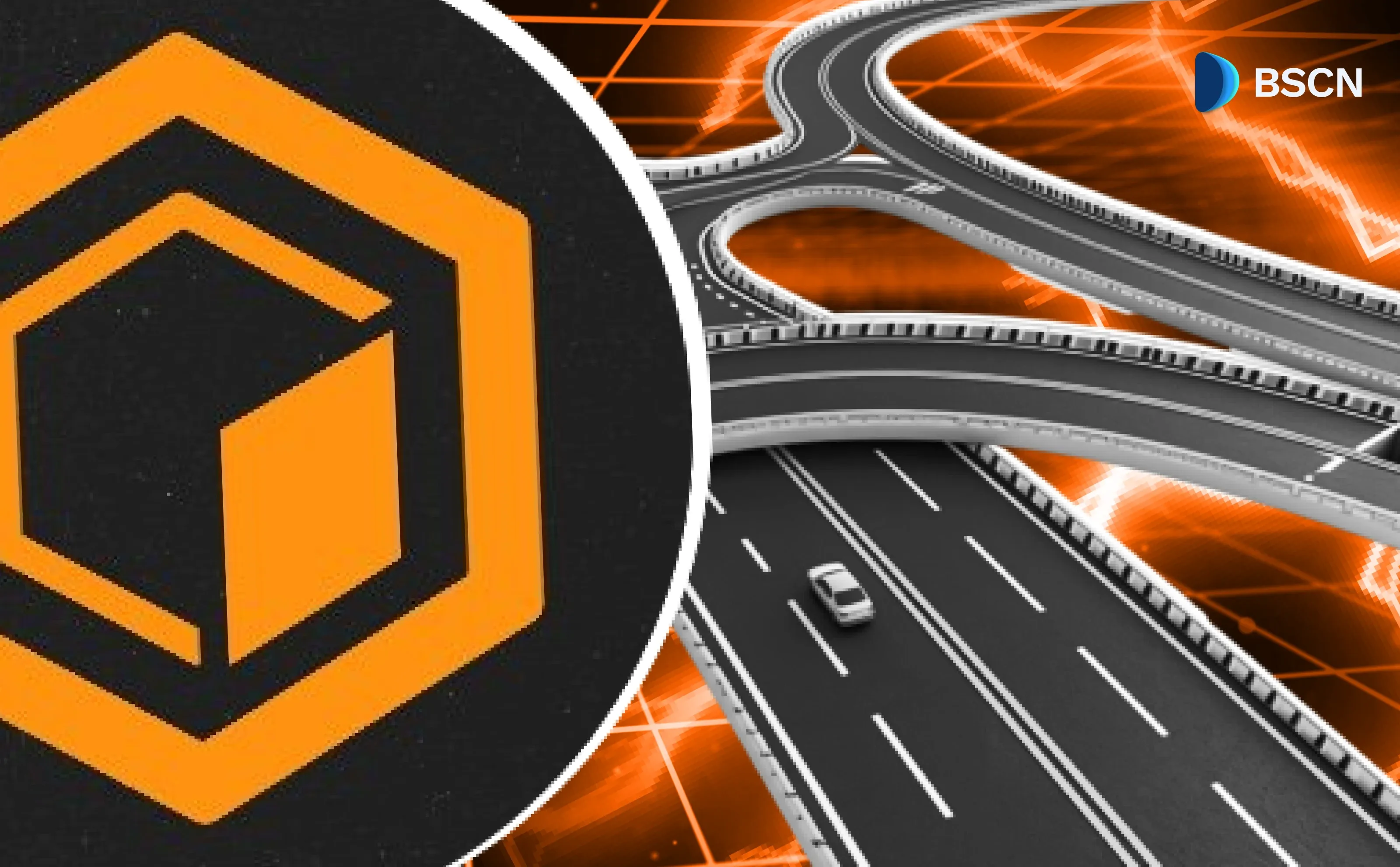WEB3
Australian Federal Police Forms Cryptocurrency Unit

APAC countries are taking steps to Tackle Crypto Crimes in the region.
BSCN
September 9, 2022
Australian Police gets a new crypto forensic unit
Australia, which ranks 4th in Finder's global cryptocurrency adoption index 2022, has launched a new forensic unit in Australian Federal Police (AFP) to tackle money laundering. The unit deals with the surge in illegal crypto activities, provides tracing services, and scrutinizes transactions across multiple blockchains.
Australia’s Competition and Consumer Commission reported that the country lost $81.5M to crypto scams between January 1 and May 1, this year. AFP Commissioner Reece Kershaw started the unit in Feb 2020 after its first asset seizure in 2018. The new unit will look to curb fraud at its genesis and be responsible for disrupting the organization of criminal syndicates through forensic intelligence.
"It's targeting assets, but it's also providing that valuable, investigative tracing capability and lens for all of our commands across all of our businesses, whether they're national security-related, child protection, cyber – or the ability to trace cryptocurrency transactions across the relevant blockchains is really, really important," - Stefan Jerga, national lead of criminal confiscation at the AFP.
AFP have already eclipsed their 2024 target of $600 million revenue, and the unit has seized $35 million in cars, crypto, and other luxury goods so far.
The Asia-Pacific region has the highest adoption and growth rates for cryptocurrency, per Gemini's 'Global state of crypto report.' As a result, lawmakers and regulators are constantly striving to balance economic growth while ensuring the financial security of consumers.
In May 2022, The United Nations Office on Drugs and Crime (UNODC) and the Royal Malaysia Police (RMP) jointly opened Southeast Asia's first Cryptocurrency Analysis Laboratory to conduct investigations, analyses, and seizures in crimes involving cryptocurrencies.
In addition, countries like Singapore and Thailand ensure full Anti-Money Laundering practices in crypto regulation. For example, the Thai Anti-Money Laundering Office (AMLO) requires in-person verification for crypto accounts using a "dip-chip" machine for security purposes.
Latest News
Crypto Project & Token Reviews
Project & Token Reviews
Comprehensive reviews of crypto's most interesting projects and assets
Learn about the hottest projects & tokens
Latest Crypto News
Get up to date with the latest crypto news stories and events












